- Trainer/in: Eetu Pykäläinen
- Trainer/in: Katri Wessel
It is generally agreed that about 7000 languages are spoken across the world today and at least half may no longer be spoken by the end of this century. In this course, we will examine the reasons behind the dramatic loss of linguistic diversity, why it matters, and what can be done to document and support endangered languages. The issue of language endangerment is closely related to imperialism and colonial practices, and we will address this connection by considering a specific example – the languages of Russia (150–300, according to different estimates), their past and present. We will also take a look at some other countries and territories in order to gain a more complete picture of the phenomenon of language endangerment.
Lehrmaterialien: to be provided in the course
Leistungsnachweis: active participation in the course, written exam
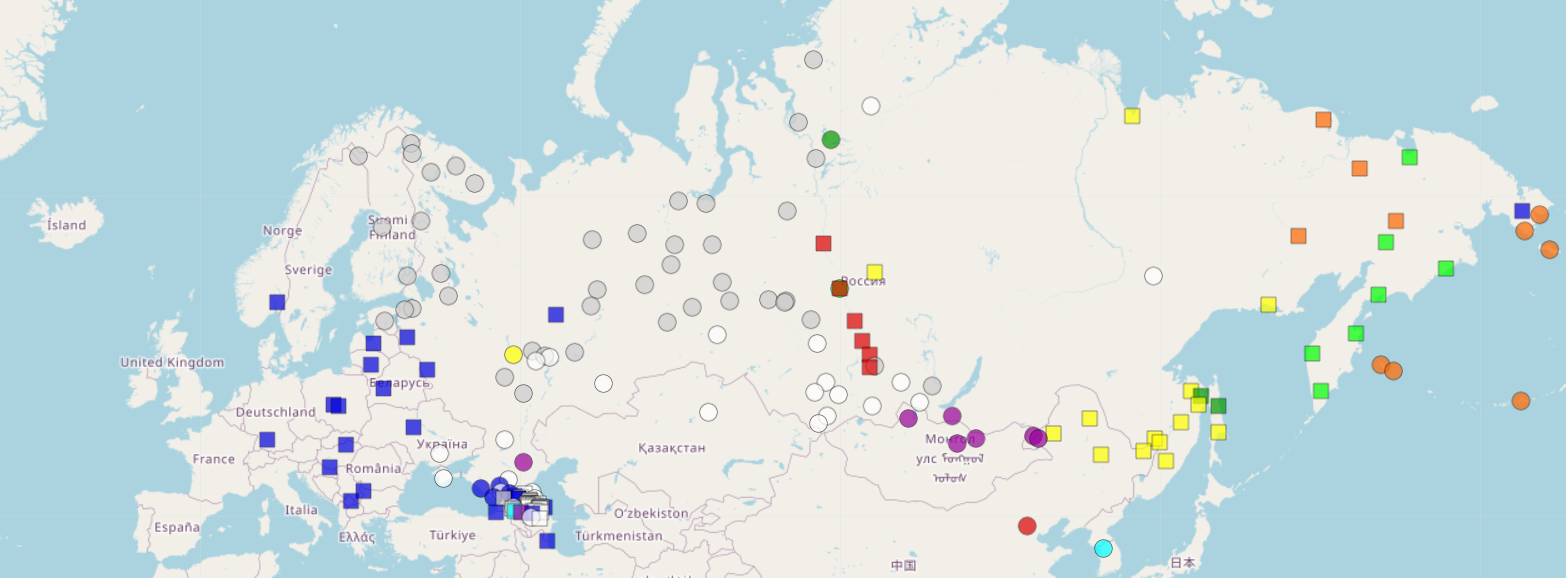
- Trainer/in: Ksenia Shagal
In diesem Kolloquium finden zahlreiche Vorträge zu aktuellen Forschungsthematiken der Uralistik und linguistischer Typologie statt. Unter den Vortragenden befinden sich internationale Gäste aus verschiedenen uralischen Teilsdisziplinen, Mitarbeiter aber auch Studierende des Instituts für Finnougristik / Uralistik der LMU München. Fragerunden und Diskussionen folgen den Vorträgen. Lehrmaterialien: werden im Kurs bereit gestellt Leistungsnachweis: Aktive Teilnahme; learning diary
This is a series of talks presenting recent advances in the fields of Uralic studies and linguistic typology. The talks are given by prominent guest lecturers as well as the staff and students of the Institute of Finno-Ugric Studies. The presentations are followed by questions and general discussion. Lehrmaterialien: to be provided during the course Leistungsnachweis: active participation in the course, learning diary from the course |
- Trainer/in: Ksenia Shagal
This course is intended as a supplement to the general introduction to semantics, lexicology, and lexicography (although it can also be taken independently). It allows the students to apply their theoretical knowledge in these domains in practice, and presents a wide variety of novel approaches to the study of lexicon. A significant share of case studies discussed in the course come from Finno-Ugric languages, but prior knowledge of these languages is not necessary in order to participate. Lehrmaterialien: to be provided in the course Leistungsnachweis: active participation in the course, individual project (including a presentation in the course |
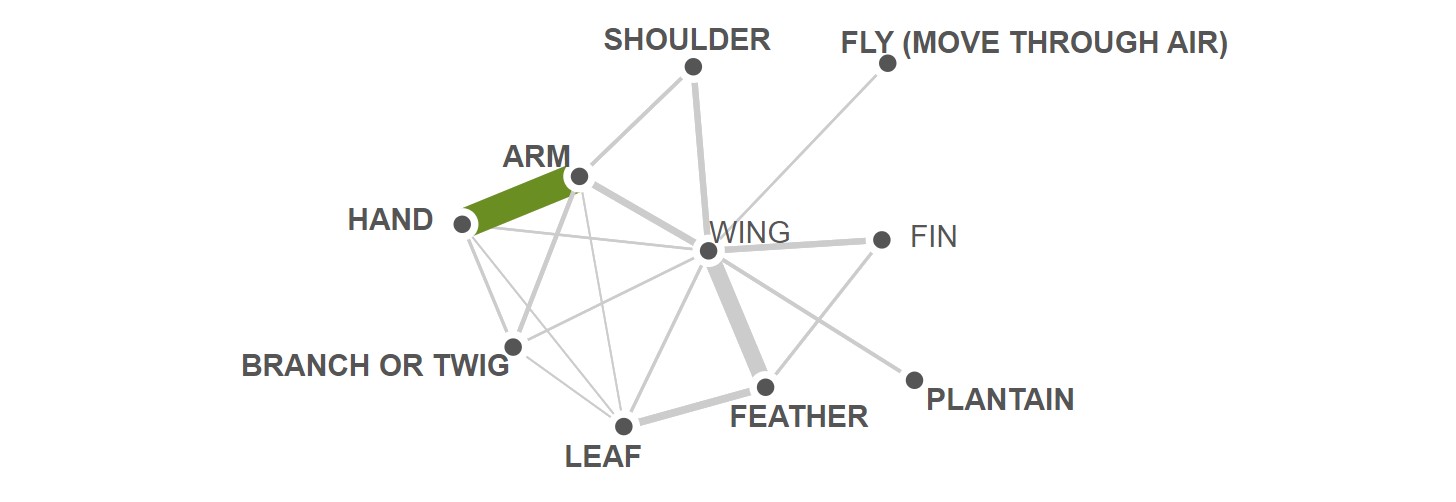
- Trainer/in: Ksenia Shagal
This course is intended as a supplement to the general introduction to morphology (although it can also be taken independently), and it allows the students to apply their theoretical knowledge of morphology in practice. The examples and data addressed in the course come primarily from Finno-Ugric languages, but prior knowledge of these languages is not required in order to participate. The course presents a broad range of morphological phenomena and discusses a variety of general topics in morphology, such as inflection and derivation, word structure and organization of paradigms, interfaces between morphology and syntax and between morphology and phonology, synchronic study of morphology as well as diachronic approaches.
Lehrmaterialien: to be provided in the course
Leistungsnachweis: active participation in the course, written assignment at the end of the course
- Trainer/in: Ksenia Shagal
Europe is a linguistically diverse area, as it includes languages from a number of language families, such as Indo-European, Uralic, and Turkic. At the same time, despite being genealogically unrelated, many of these languages share a lot of typological features as a result of the long-term contact between their speakers. In this course, we will consider the diversity of linguistic phenomena attested in Europe from a worldwide typological perspective: which features in phonology, morphology and syntax are cross-linguistically common, which are rare, and which might even be unique? The course will be of interest to those who would like to learn more about linguistic typology, but also to those who study individual European languages and want to find out how they fit into the big picture of global linguistic diversity.
Lehrmaterialien: the relevant literature and other learning materials will be provided throughout the course.
Leistungsnachweis: active participation, obligatory assignments
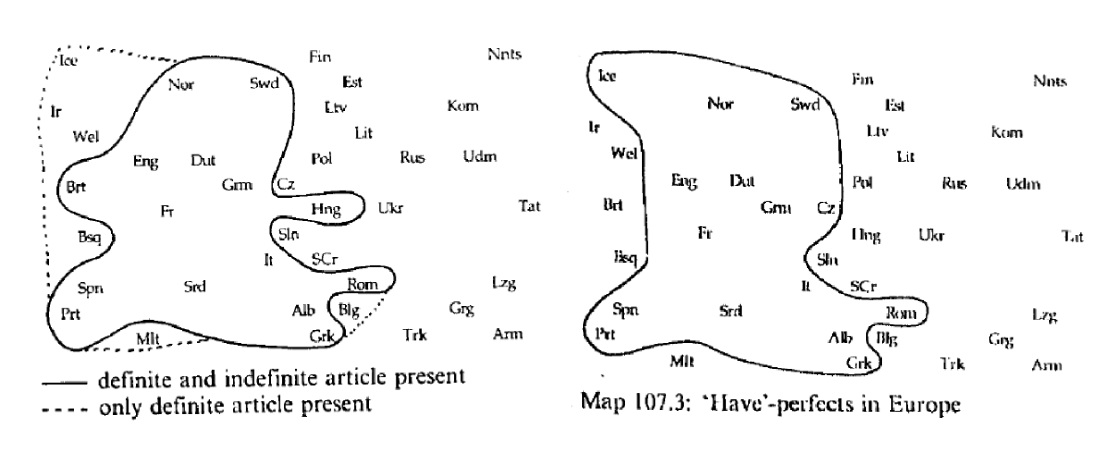
- Trainer/in: Ksenia Shagal
Die Schwerpunkte des ersten Teils dieser zweisemestrigen Lehrveranstaltung sind die kulturhistorische Geografie sowie die traditionelle Kultur, die ethnographischen Regionen und die Folklore Ungarns.
Im Weiteren wird ein Überblick über die nationalen und ethnischen Minderheiten in Ungarn, über deren kulturelles Leben, die Minderheitenpolitik und über das UNESCO-Welterbe in Ungarn gegeben.
Fortsetzung (Landeskunde Ungarns II) im Sommersemester.
Leistungsnachweis: Abschlussklausur.
Für BA-Hauptfach Finnougristik bitte beachten: Zu diesem Modul gehört für Studierende im BA-Hauptfach auch der Sprachkurs Ungarisch I!
- Trainer/in: Zsófia Schön
Die Schwerpunkte des Vertiefungskurses sind die Entwicklung kommunikativer Kenntnisse und die Vertiefung der Schreibfertigkeit. Im Weiteren wird besonderer Akzent auf folgende grammatikalische Kenntnisse gesetzt: Objektkonjugation; Objektsätze; Verben mit Akkusativ und Dativ; System der Possessivsuffixe; habeo-Konstruktion; Personalsuffigierung des Infinitivs. Die Auseinandersetzung mit den genannten Themen erfolgt auf der Ebene der Theorie und der Praxis.
Lehrbuch: Graetz, Julianna 1996. Lehrbuch der ungarischen Sprache. Hamburg: Helmut Buske.
Leistungsnachweis: Lernzielkontrollen während des Semesters und die Bearbeitung der Übungsaufgaben.
- Trainer/in: Zsófia Schön
Dieser Kurs liefert eine Einführung in die wiesenmarische Sprache, einer finnougrischen Sprache des Ostseeraums, sowohl von theoretischem und praktischem Blickwinkel. Es wird sowohl die deskriptive Grammatik der Sprache behandelt und die Analyse marischsprachiger Texte erlernt wie auch der rudimentäre aktive Sprachgebrauch. Die marische Grammatik wird dabei mit den Grammatiken anderer uralischer Sprachen (z.B. Finnisch, Ungarisch) kontrastiert, es sind jedoch keine Kenntnisse dieser Sprachen zur Teilnahme erforderlich.
Lehrmaterialien: Diverse Materialien, welche sich auf der Webseite www.mari-language.com finden, vor allem: Riese, Timothy; Bradley, Jeremy; Yakimova, Emma; Krylova, Galina 2010–: Оҥай марий йылме: A Comprehensive Introduction to the Mari Language. Wien: Universität Wien. Es wird in der Veranstaltung jedoch eine neuere Fassung als jene, welche sich auf dieser Webseite findet, zur Verfügung gestellt.
Leistungsnachweis: Regelmäßige und aktive Teilnahme sowie Bestehen der Abschlussklausur.
- Trainer/in: Jeremy Bradley
- Trainer/in: Johannes Hirvonen
Die fachspezifische Übung begleitet die Sockelvorlesung Phonetik und Phonologie und vertieft diese erstens in Hinblick auf die uralischen Sprachen und zweitens durch praktische Übungen. Theoretische Fragestellungen beinhalten Fragen wie Lautinventar, Prosodie, koartikulatorische Phänomene, Assimilationsprozesse sowie Lautwandelphänomene im Finnischen, Estnischen, Ungarischen und anderen uralischen Sprachen. Zudem werden phonetische Arbeitswerkzeuge wie Transkription (nach dem FUT- und IPA-System), akustische Analyse und weitere Methoden vorgestellt und an praktischen Beispielen geübt. Leistungsnachweis: Abschlussklausur |
- Trainer/in: Jeremy Bradley
- Trainer/in: Eetu Pykäläinen
- Trainer/in: Katri Wessel
- Trainer/in: Eetu Pykäläinen
- Trainer/in: Katri Wessel
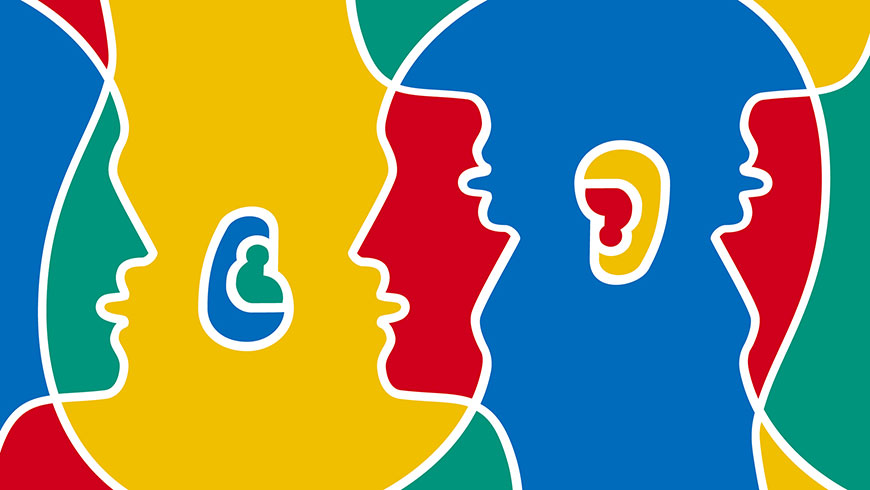
- Trainer/in: Ksenia Shagal
Achtung Raumänderung: der Kurs findet in der Ludwigstr. 31/III Raum 324 statt! Please note: the course has been moved to Ludwigstr. 31/III room 324! This course is intended as a supplement to the general introduction to morphology (although it can also be taken independently), and it allows the students to apply their theoretical knowledge of morphology in practice. The examples and data addressed in the course come primarily from Finno-Ugric languages, but prior knowledge of these languages is not required in order to participate. The course presents a broad range of morphological phenomena and discusses a variety of general topics in morphology, such as inflection and derivation, word structure and organization of paradigms, interfaces between morphology and syntax and between morphology and phonology, synchronic study of morphology as well as diachronic approaches. Lehrmaterialien: to be provided in the course Leistungsnachweis: active participation in the course, written assignment at the end of the course |
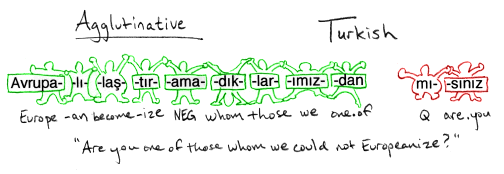
- Trainer/in: Denis Rakhman
- Trainer/in: Ksenia Shagal
ACHTUNG NEUE KURSZEIT: Verschiebung auf Mittwoch 10-12
This course covers a wide range of topics in the history, culture, folklore, art and religion of the Uralic (Finno-Ugric) peoples. The Uralic peoples live on a vast territory from Northern and Central Europe in the west to Siberia in the east, which accounts for a significant diversity in all these aspects. The course provides a wealth of audio-visual materials and offers an overview of various approaches to topics in ethnography, cultural studies, and linguistic anthropology.
Lehrmaterialien: to be provided in the course
Leistungsnachweis: active participation in the course, presentation and a written report towards the end of the course

- Trainer/in: Ksenia Shagal
This course is intended as a supplement to the general introduction to semantics, lexicology, and lexicography (although it can also be taken independently). It allows the students to apply their theoretical knowledge in these domains in practice, and presents a wide variety of novel approaches to the study of lexicon. A significant share of case studies discussed in the course come from Finno-Ugric languages, but prior knowledge of these languages is not necessary in order to participate.
Lehrmaterialien: to be provided in the course
Leistungsnachweis: active participation in the course, individual project (including a presentation in the course)
- Trainer/in: Ksenia Shagal
- Trainer/in: Katri Wessel
Jede Sprache verfügt über eine Strategie, den Wahrheitsgehalt einer Aussage umzukehren – Negation. Dieses Phänomen ist aufgrund seiner Universalität Gegenstand zahlreicher sprachwissenschaftlicher Untersuchungen und verbindet verschiedene Teilbereiche der Linguistik wie Syntax, Semantik, und Pragmatik. In diesem Seminar betrachten wir verschiedene Aspekte von Negation aus einer sprachvergleichenden, typologischen Perspektive, wobei der Morphosyntax von Negation sowie Negation in den uralischen Sprachen besondere Aufmerksamkeit geschenkt wird. Zu den Themen, die in diesem Kurs behandelt werden, zählen unter anderem: Morphologie von Satznegation (z.B. affirmative und negative Verbalparadigmen; Arten von Exponenten der Negation wie Partikel, Affixe oder Auxiliare), Arten infiniter Negation, Negativkongruenz (= „doppelte Negation“), Negation von Indefinitpronomina und negative Polarität, expletive Negation. Der Kurs ist ausgelegt als thematisch breite Einführung in die sprachwissenschaftliche Untersuchung von Negation. Es werden die wichtigsten Konzepte und Fragestellungen im Zusammenhang mit Negation eingeführt und kritisch hinterfragt, sowie aktuelle typologische Forschung zu Negation vorgestellt. Die Kenntnis uralischer Sprachen ist keine Voraussetzung für die Teilnahme an diesem Kurs. Dieser Kurs wird als Seminar zu 3 oder 6 ECTS angeboten. Der Leistungsnachweis besteht aus der Abhaltung einer mündlichen Präsentation im Kurs sowie dem Verfassen einer der ECTS-Anzahl entsprechenden schriftlichen Arbeit. Details betreffend Anzahl der ECTS-Punkte und entsprechendem Leistungsnachweis können zu Semesterbeginn individuell vereinbart werden. Die Kurssprache ist Deutsch, weiters sind Lesekenntnisse des Englischen für die Begleitliteratur von Vorteil. |
- Trainer/in: Johannes Hirvonen
The course is taught in English.
Space is one of the most basic, if not the most basic domain of human experience. Much of human life consists of interactions with spatial entities and comprehending and communicating the location of entities in space. To facilitate this, languages have developed a multitude of systems to express spatial relations between entities. This course provides an overview of different kinds of systems of spatial expressions as well as what types of spatial distinctions are made within different types of spatial expression systems. Moreover, the course will discuss how the general human cognitive capacities are reflected in the systems of spatial expressions and the distinctions made in them.
The course can be of interest to students interested in typology and semantics of space, as well as the interface between language and other cognitive properties of humans.
Lehrmaterialien: to be provided during the course.
Leistungsnachweis: active participation in the course, obligatory assignments throughout the course
- Trainer/in: Riku Erkkilä
In diesem Kolloquium finden zahlreiche Vorträge zu aktuellen Forschungsthematiken der Uralistik und linguistischer Typologie statt.
Unter den Vortragenden befinden sich internationale Gäste aus verschiedenen uralischen Teilsdisziplinen, Mitarbeiter aber auch Studierende des Instituts für Finnougristik / Uralistik der LMU München. Fragerunden und Diskussionen folgen den Vorträgen.
Lehrmaterialien: werden im Kurs bereit gestellt
Leistungsnachweis: regelmäßige aktive Teilnahme; learning diary
This is a series of talks presenting recent advances in the fields of Uralic studies and linguistic typology. The talks are given by prominent guest lecturers as well as the staff and students of the Institute of Finno-Ugric Studies. The presentations are followed by questions and general discussion.
Lehrmaterialien: to be provided during the course
Leistungsnachweis: active participation in the course, learning diary from the course
- Trainer/in: Ksenia Shagal
- Trainer/in: Tuuli Savela
- Trainer/in: Katri Wessel
- Trainer/in: Tuuli Savela
- Trainer/in: Katri Wessel
- Trainer/in: Anna Döge
- Trainer/in: Ksenia Shagal
- Trainer/in: Eetu Pykäläinen
- Trainer/in: Katri Wessel
Diese Veranstaltung ist Teil des Moduls P2 Grundlagen der Finnougristik im BA-Studiengang Finnougristik. Der Leistungsnachweis erfolgt im Rahmen der Lehrveranstaltung „Einführung in die Finnougristik I“
Die Veranstaltung vermittelt notwendige Grundlagen im Umgang mit Daten und Quellen im Studium und reflektiert methodologische und ethische Fragen des wissenschaftlichen Arbeitens. Als praktische Elemente werden der Gebrauch der Universitätsbibliothek und weiterer, zentraler Literaturdatenbanken, Recherchetechniken und Literaturverwaltung eingeübt und die wichtigsten Publikationsorgane des Fachs kennengelernt.
- Trainer/in: Jeremy Bradley
- Trainer/in: Ksenia Shagal
- Trainer/in: Katri Wessel
- Trainer/in: Eetu Pykäläinen
- Trainer/in: Katri Wessel
- Trainer/in: Eetu Pykäläinen
- Trainer/in: Katri Wessel
- Trainer/in: Eetu Pykäläinen
- Trainer/in: Katri Wessel
Im ersten Teil dieser zweiteiligen Lehrveranstaltung werden die uralischen (finnougrischen) Sprachen und Sprechergemeinschaften aus verschiedenen Blickwinkeln betrachtet: ihre geographische Lage, ihre Geschichte und Kultur, ihre Kontakte mit anderen Völkern. Weiter gibt die Veranstaltung einen Überblick über die Verwandtschaft der uralischen Sprachen und ihre ältesten Sprachdenkmäler.
Fortsetzung (Einführung in die Finnougristik II) im Sommersemester.
Leistungsnachweis: Abschlussklausur
Für BA-Hauptfach Finnougristik bitte beachten: Zu diesem Modul gehört auch der Kurs 14347 Informationskompetenz!
- Trainer/in: Jeremy Bradley
- Trainer/in: Katri Wessel
- Trainer/in: Eetu Pykäläinen
- Trainer/in: Katri Wessel